Dirty Beaches Interview
By Sophia, 2011年 1月 18日
[+] 豆瓣页面 douban event page
Alex Zhang Hungtai has stepped across the Pacific repeatedly throughout his life, this time to play with The Offset:Spectacles, Luxinpei, and Fat City at D-22 on Saturday, January 22nd.

Dirty Beaches unapologetically seduces through his recalling of past seductions. Clear influences from Elvis, The Ronettes, and Les Rallizes Denudes belie an elegant interpretation of nostalgia, resulting in a uniquely lean sound of dislocated longing. But while it’s easy to get lost in the haze of wistfulness, his music maintains a disciplined distance (think a tuff* abstraction of Alan Vega’s cover of Gene Vincent’s “Be-Bop-A-Lula”). Hungtai successfully distills countless miles traveled into a soundtrack for films seen once and forgotten.
The first pressing of Dirty Beaches’ “Solid State Gold” cassette, released by Rose Mansion Analog, has sold out. However, Rose Mansion is repressing all their tapes, so be sure to pick some up at the show. Dirty Beaches’ newest release from Zoo Music, Badlands, is officially released on March 29, 2011.
* “Tough and tuff are two different words. Tough is the same as rough; tuff means cool, sharp—like a tuff-looking Mustang or a tuff record. In our neighborhood both are compliments.” – S.E. Hinton, The Outsiders
pangbianr: What was your first performance in Beijing like? Previous shows in China?
Dirty Beaches: My first show in Shanghai was at YYT [Yuyintang]. I was incredibly nervous, not because there were a lot of people there (in fact it was quite the opposite) but because my father came to see me play. Prior to the show, my AC adapters for my pedals fried due to the voltage difference in China, so there was a lot of last minute rescuing that needed to be done. Regardless, my father was not too fond of the music I played due to its experimental nature.
The first show in Beijing at D-22 was a much better experience, with a better turnout, and I met a lot of like-minded individuals. It was a great experience: I made some money and made a few friends along the way.
Forever in Gold – Dirty Beaches by Rose Mansion Analog
pbr: How did you become involved with Rose Mansion? How do you relate to Rose Mansion now?
DB: My involvement with Rose Mansion came through the Frank brothers (Hot & Cold). Simon Frank booked my show at D-22, and from there I met Josh Frank in Montreal. Later Josh introduced me to Vince Li. Welcome to the Trans-Pacific / Pan-Asian Crew. They are some of the nicest people I’ve met over the past 2 years. We’re a big happy family and Vince has been incredibly supportive in introducing my music to a new audience in China.
pbr: What’s it like having a relationship both to what’s happening in China and Taiwan right now as well as in North America?
DB: In the beginning, with my experience in China (2005), I didn’t see too much of a crossover with the music scenes in North America, but I think that has changed over the years with the rise of the Beijing scene, with bands like Carsick Cars, PK-14, D-22, as well as the internet. There has been quite a buzz generated from the exchanges with bands touring respectively in each others’ territory. I’m not too familiar with the music scene in Taiwan, but like Hong Kong, I’m assuming a lot of young musicians are now flocking to Beijing for its strong support of independent music and its thriving scene.
“True Blue” by Dirty Beaches
pbr: Does performing in China feel different to you than other places? Is the feeling of place-within-displacement changed for you here, or is it all the same?
DB: My first language is Mandarin, and I love speaking Mandarin. However that personality in me is quite underdeveloped since I mainly speak Mandarin with my family, almost exclusively. My accent is predominantly Taiwanese, and my vocabulary has remained at a junior high level. So, it feels a bit awkward to speak to musicians in China, stumbling though words (i.e. I don’t know how to say reverb in Mandarin) and to be on stage speaking Mandarin while I sing in English. It’s kind of a weird head fuck as I go through an identity crisis on stage. I wonder what Ghost Face Killah would feel if he were to perform in Africa.
pbr: How are you thinking about your upcoming shows in China with respect to immediately starting your tour with Dum Dum Girls and Crocodiles afterwards?
DB: Every show is the same to me, big or small. It doesn’t matter. I play hard, try to get paid, hustle to sell records, make friends with people that I like so I can help them when they tour through my town or when I come back to their town again on the next tour. This network of DIY support has helped many musicians before my generation survive and will continue to do so. Friends are your family when you’re a stranger in a new town.
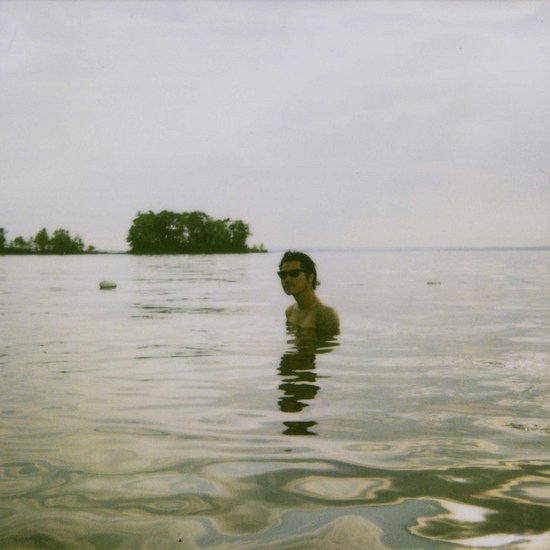
pbr: It’s been pointed out that your music often feels very filmic: this aspect seems to have escalated in Badlands. When you’re experiencing or making music, do you think you feel a sort of synaesthesia across media? Are you interested in making films?
DB: I am very interested in making films. I have scored a few local independent film productions in Vancouver, and am currently working on my resume for a job as a composer in film. My music is heavily influenced by film, not just sonically, but from a production point of view as well. I see sound as the leading man, as it becomes the face of your music. But I also believe that like film, over-reliance on aesthetics won’t get you very far. It takes great skill to craft narration and substance.
pbr: What were you thinking about most when you were writing and recording the tracks on this album?
DB: Badlands was the result of all the miles I’ve accumulated over past tours across America. The viewpoint is primarily the road, and nothing else. The original character was based on a fictional version of my father when he was 16 (hence the Elvis inflection), but was quickly scrapped because it was impossible to relate to. I injected my own experiences with my encounters on the road, which gave the sound flesh and blood, and from there it came straight out of my sub consciousness, from all the countless hours spent driving in a car across the heartlands of America. From there, the main character in Badlands became someone obsessed with chasing a dream, leaving his home behind, and the encounters he comes across with the devil, which takes many forms.
Badlands by Dirty Beaches
pbr: How have your ideas towards pop and experimentation changed as you’ve shifted away from the specific type of experimentation you were doing previously?
DB: Rhythm is very important in pop music and I have embraced drum machines and samples as opposed to making percussion sounds from my guitar, as in my previous approach. In my current project I try to incorporate pop along with experimentation in drone and noise based music. The electric guitar plays many different roles in this process, serving to lead the melody, along with a supportive role texturing and layering.
pbr: I have to ask, not only because your approaches to twisted 50’s style balladry are similar, but also because of what sounds like a Twin Peaks sample in “Lord Knows Best”: Favorite Twin Peaks character? David Lynch movie?
DB: My favorite Twin Peaks character has to be Agent Cooper. I’ve had so many pies and ice cream with black coffee because of him. I’m also a connoisseur of donuts. Big fan.
Favorite Lynch film hands down, Wild at Heart. It has everything you could ever want in a film: romance, violence, ass, comedy, suspense, great music, endless quotable dialogues, fast cars, dementia, Willem Dafoe, and a snake skin jacket.
“This whole world’s wild at heart and weird on top.”

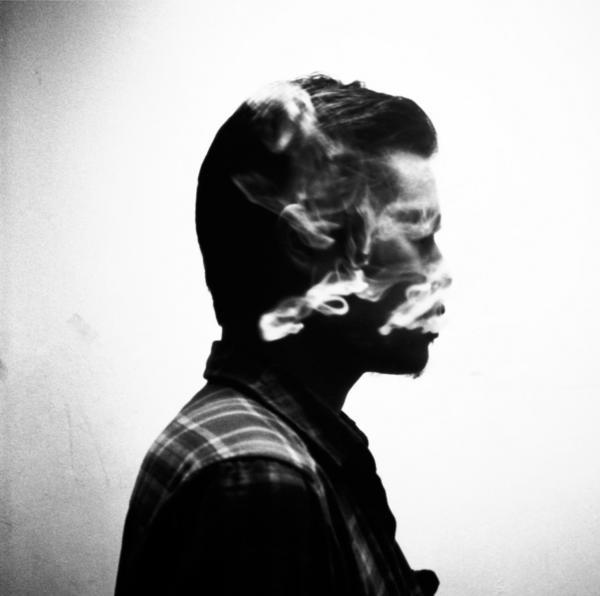



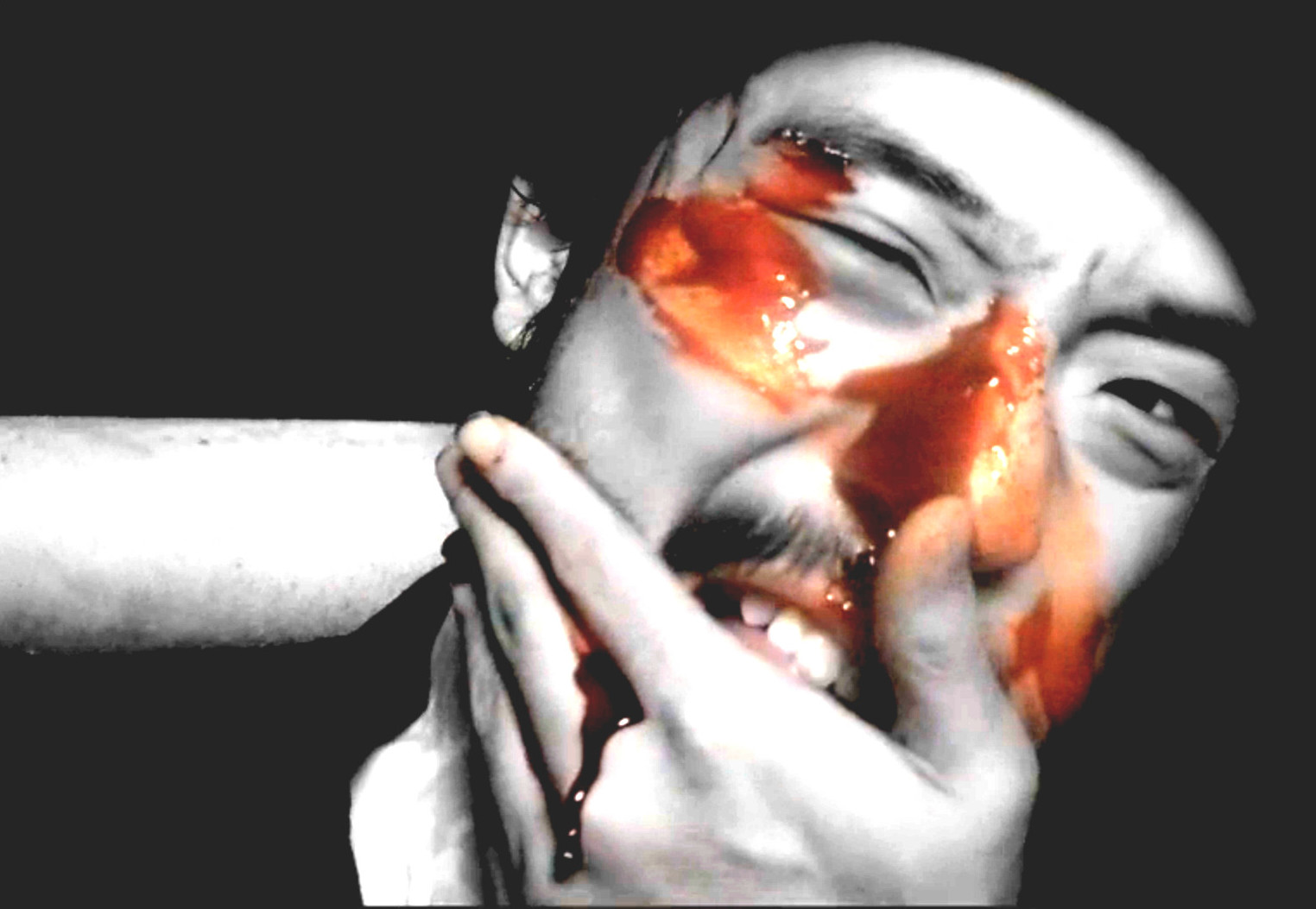
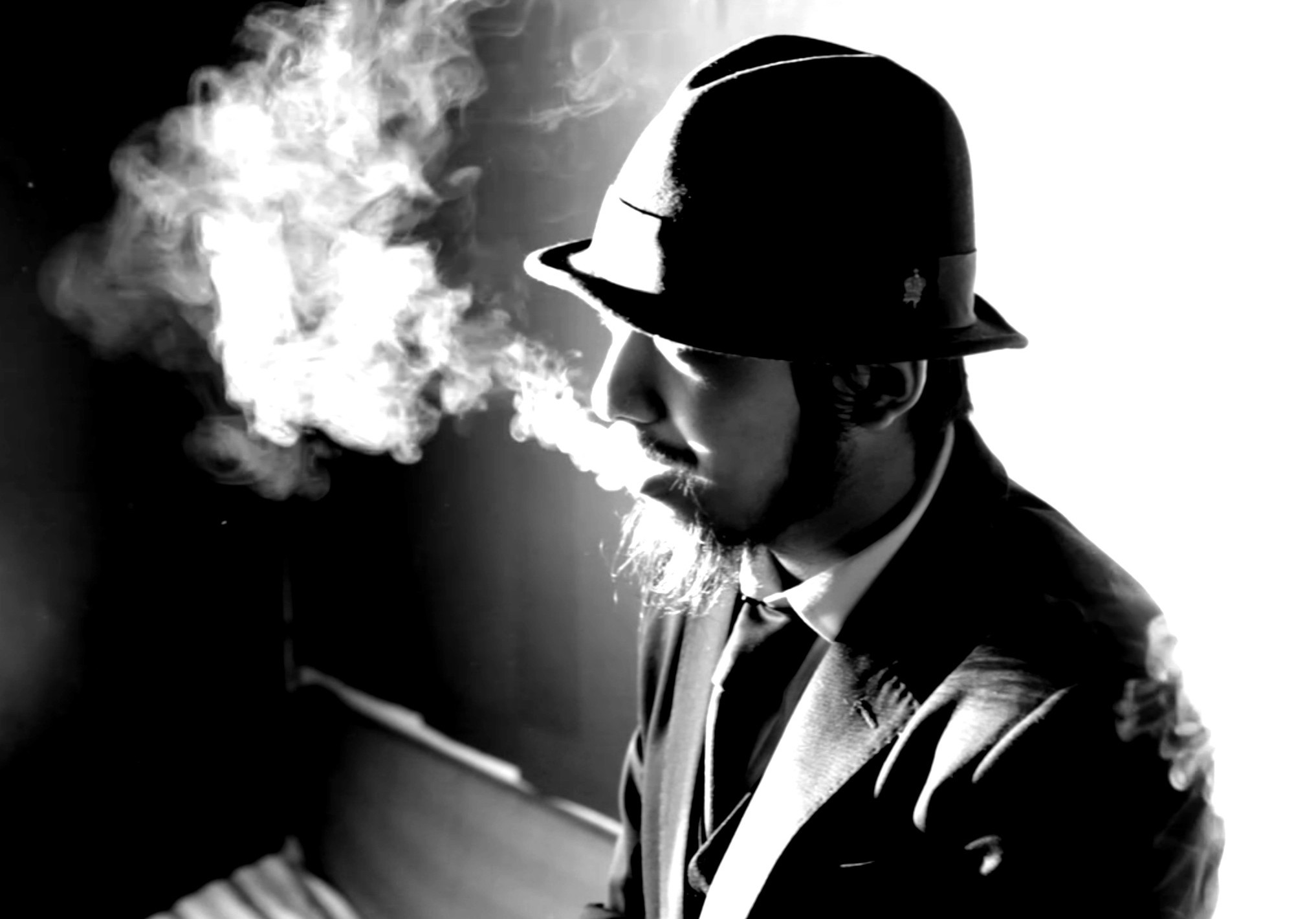

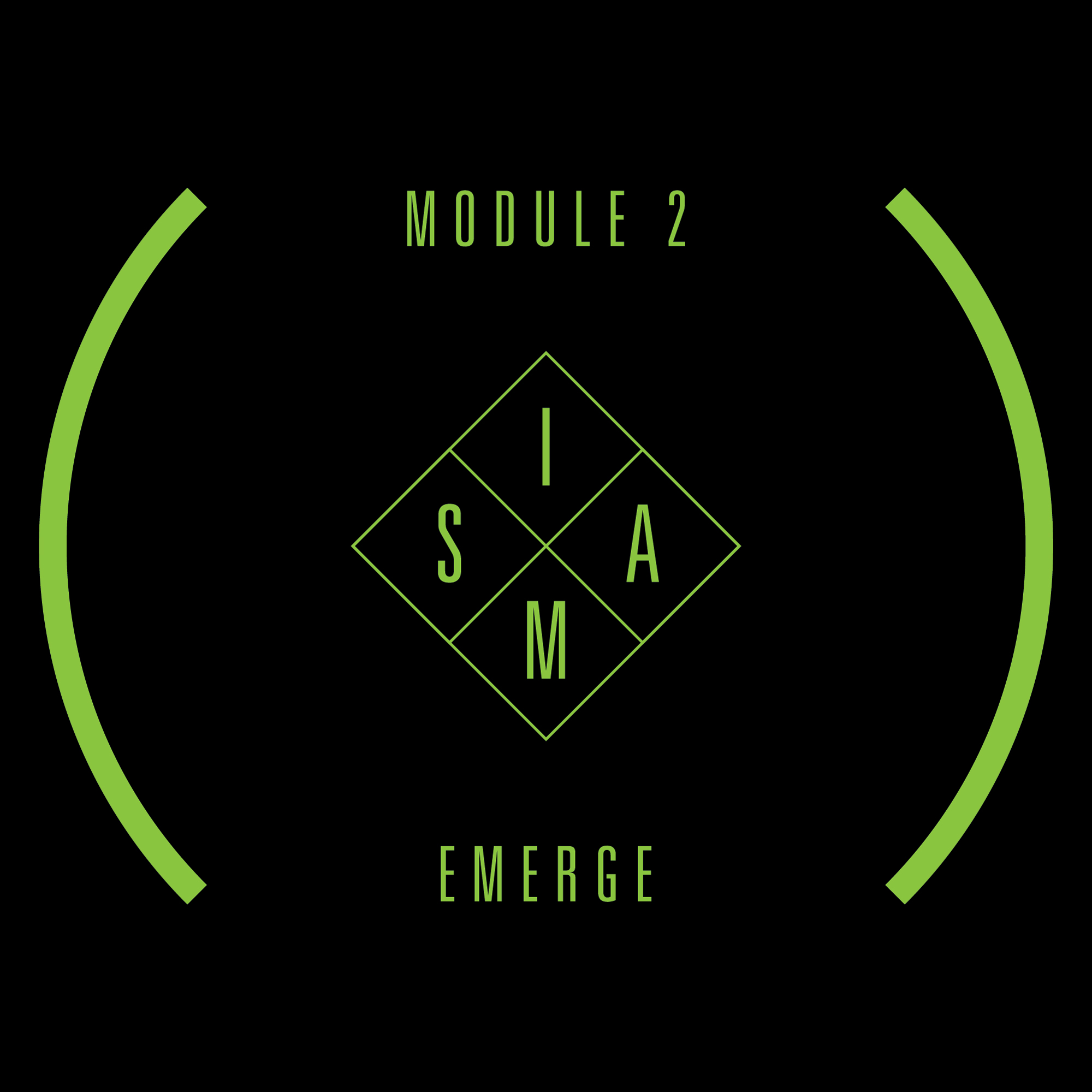
great interview. can’t wait to see the show on saturday.